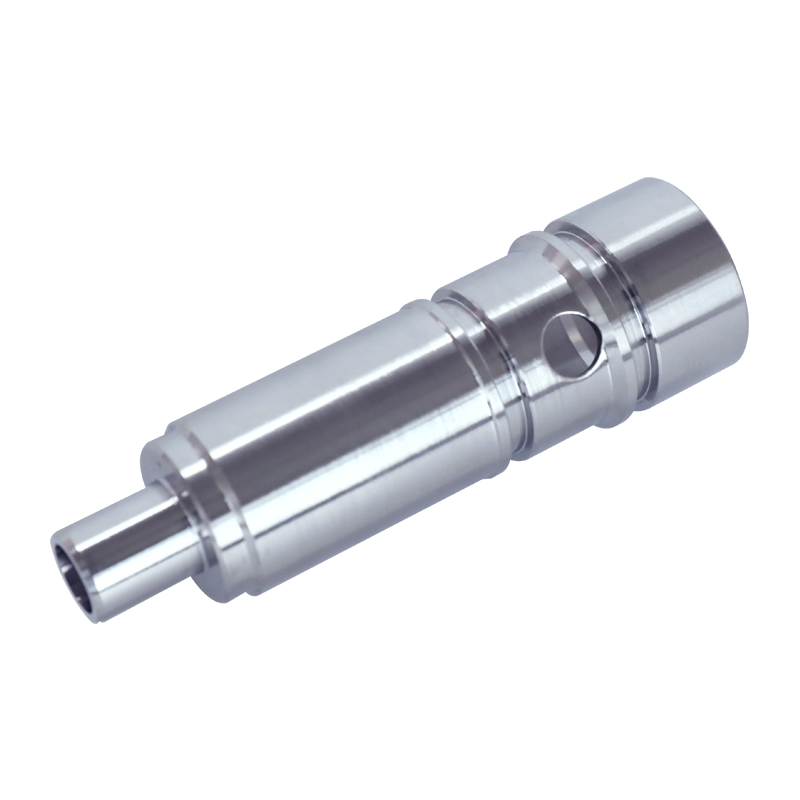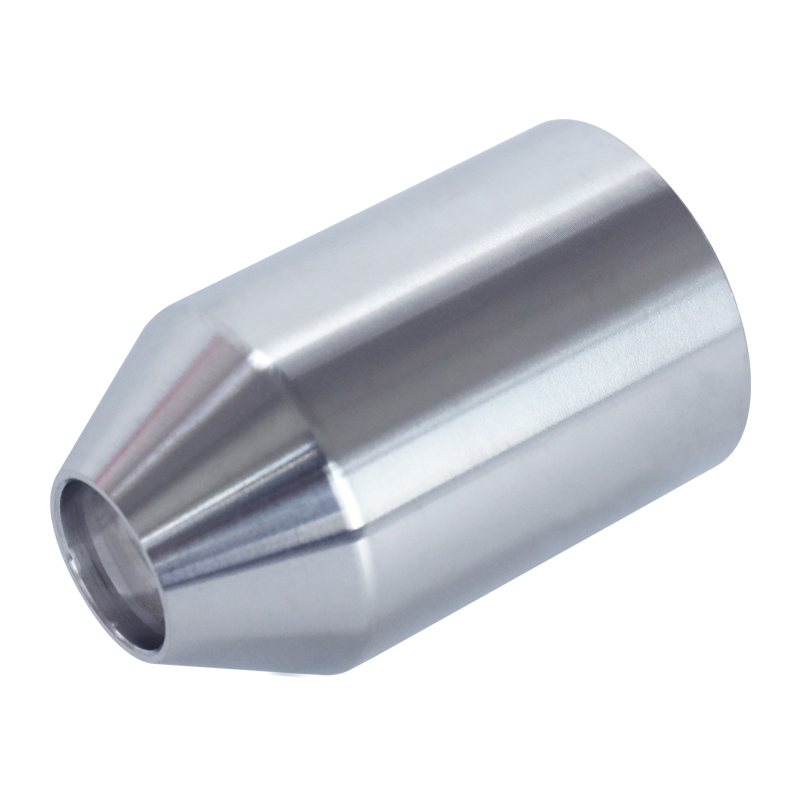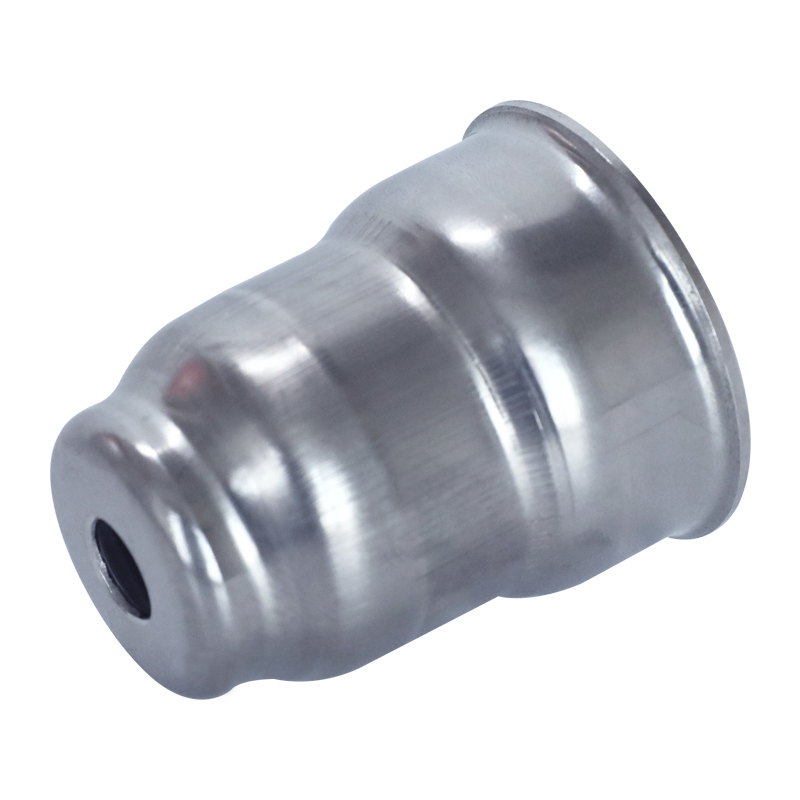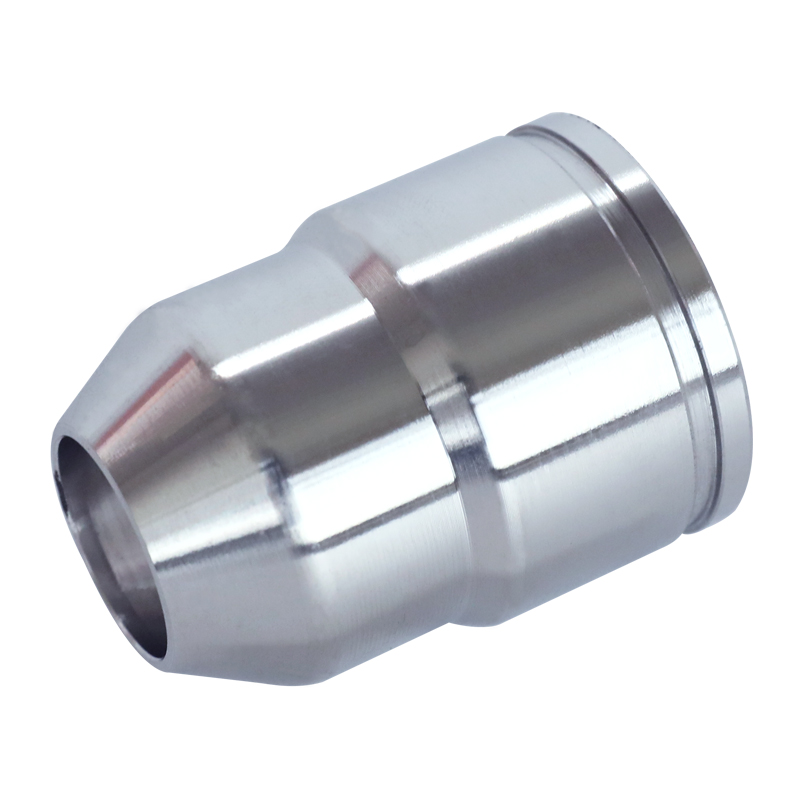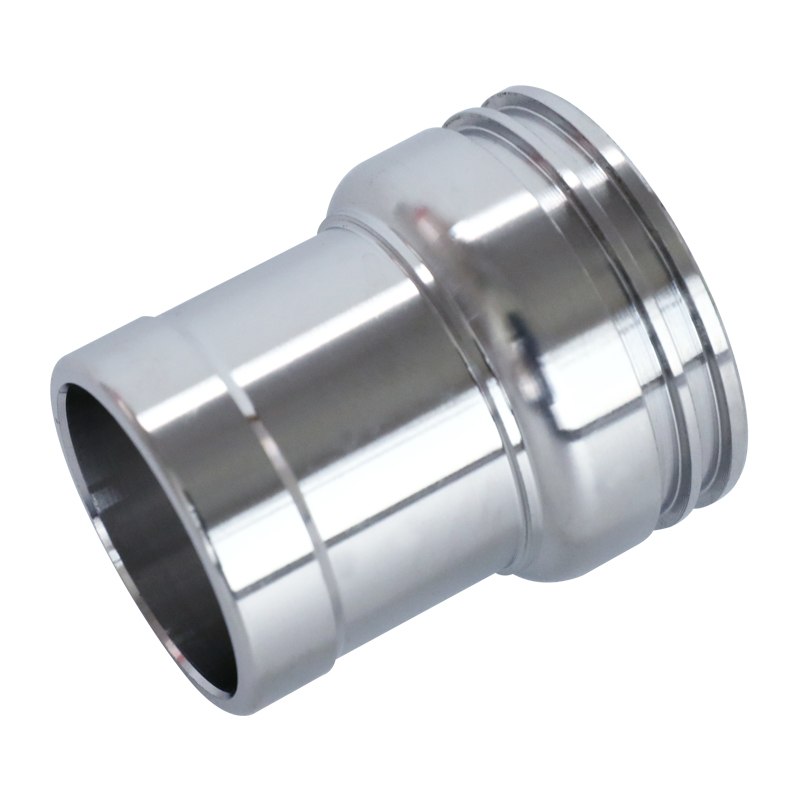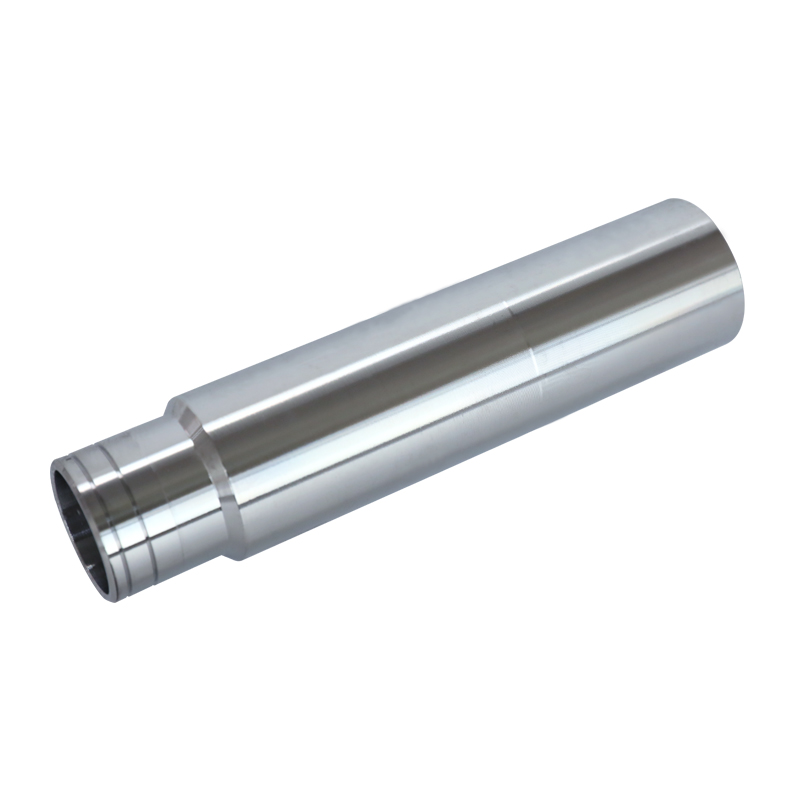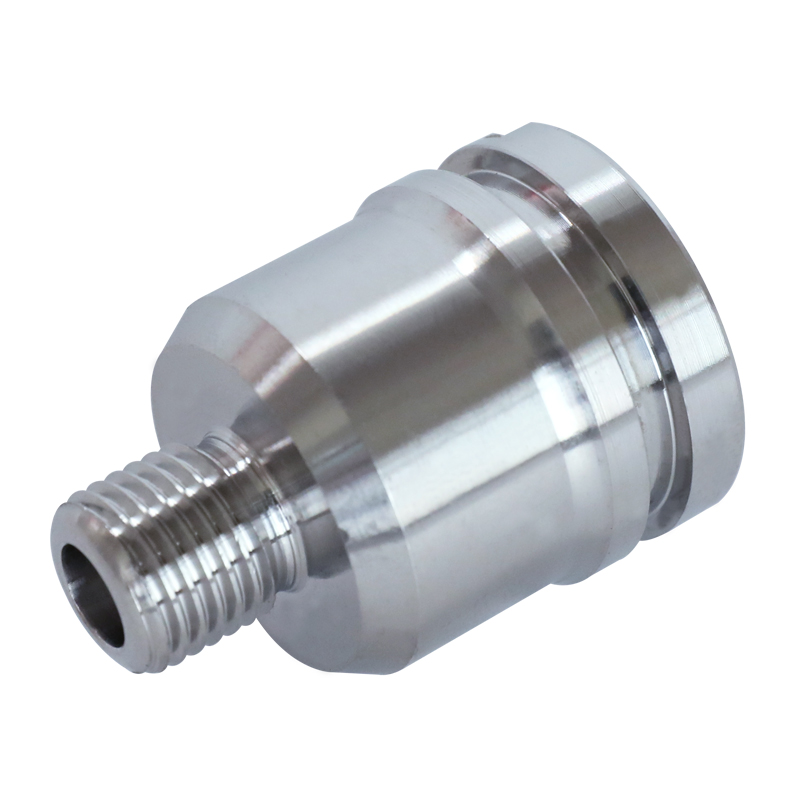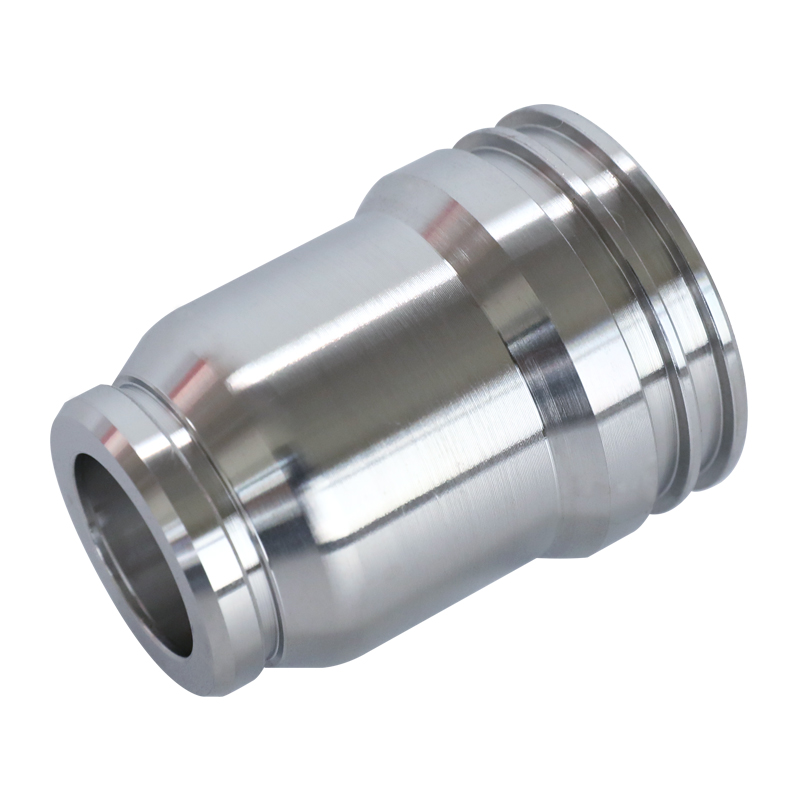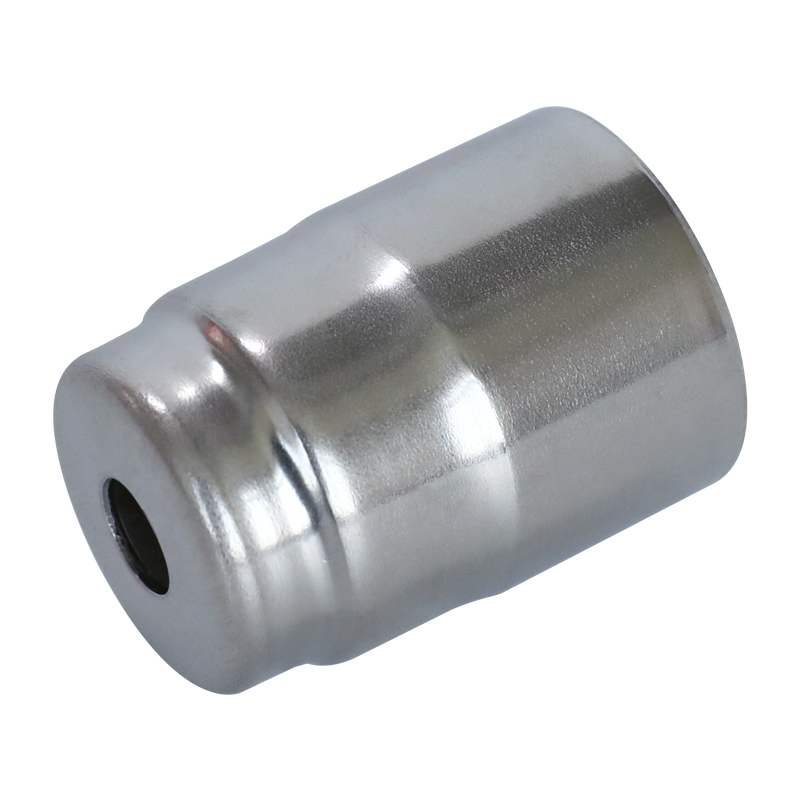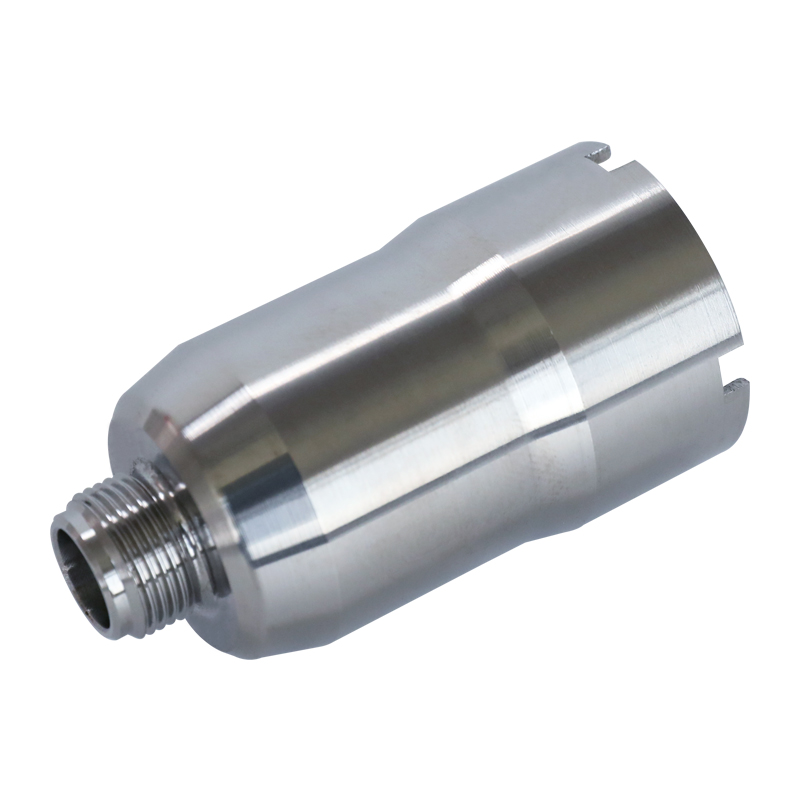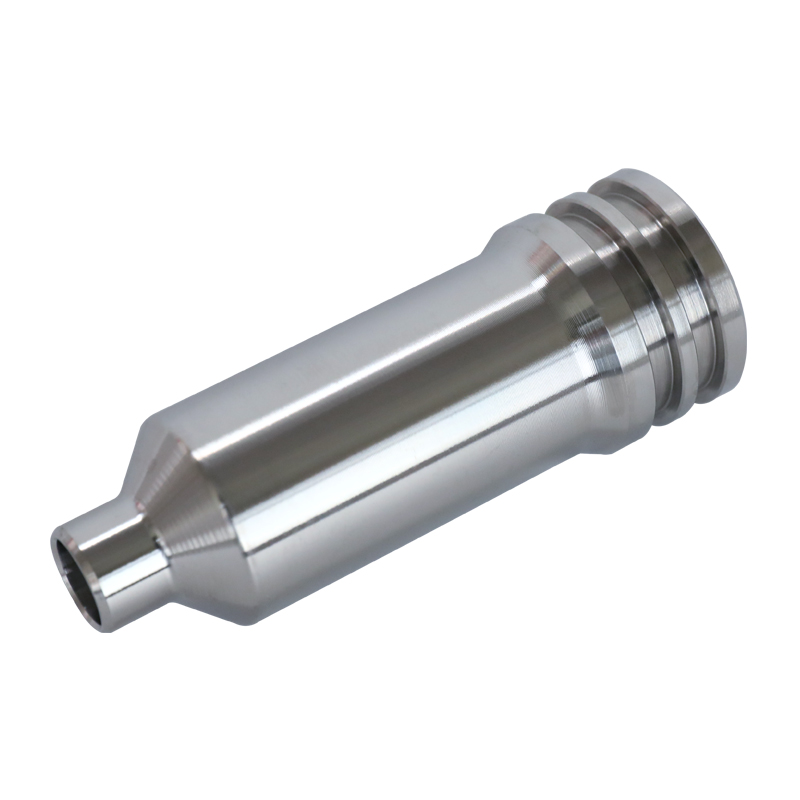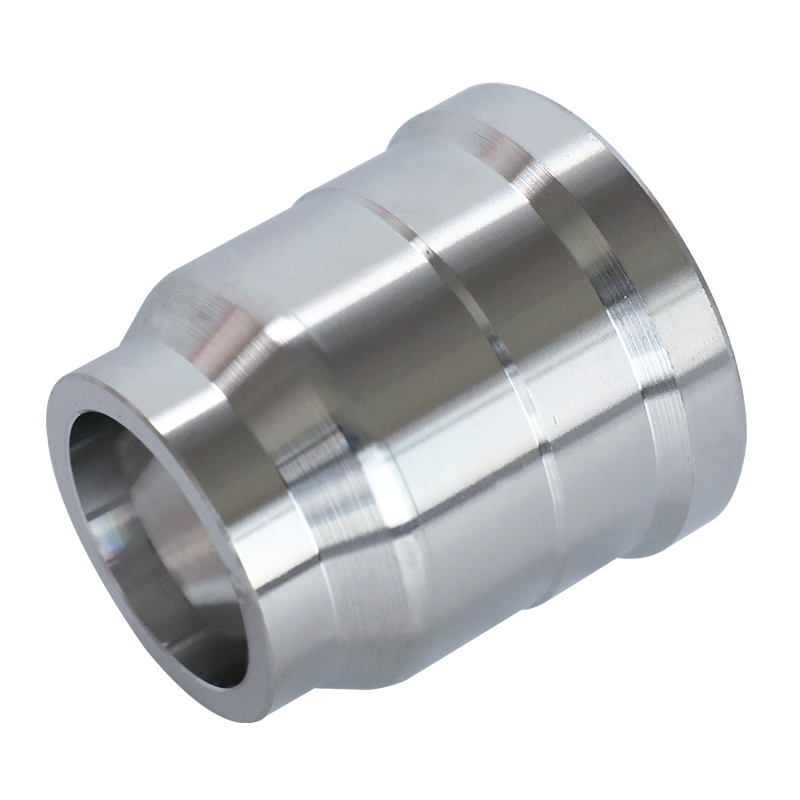The main reasons why brass injector bushings are wear-resistant include the following:
Hardness: Brass generally has a moderate hardness, which makes it relatively resistant to wear. Hardness is a measure of a material's ability to resist scratches, abrasions, and abrasions. The alloy composition in brass can adjust its hardness to meet specific application needs.
Self-lubricating properties: Brass contains some components with better lubricity, which gives it better self-lubricating properties between moving parts. This helps reduce friction and wear, extending the life of the part.
Corrosion Resistance: Brass has good corrosion resistance, which means it is not susceptible to wear and tear from chemical reactions or corrosion in the environment. This is critical for bushings used in injection systems involving liquids or gases, as these systems are often in contact with corrosive media.
Thermal Conductivity: Brass has good thermal conductivity, which means it can disperse and remove heat more efficiently. In injection systems operating at high temperatures or pressures, this helps prevent overheating and heat build-up, reducing the risk of wear.
In summary, brass injector bushings are wear-resistant because of their material properties that allow them to excel in lubrication, corrosion resistance, and thermal conductivity. These properties make brass an ideal choice for many engineering applications, especially in high-pressure, high-temperature or chemically aggressive environments where resistance to friction and wear is required. However, it is important to note that despite these advantages, brass still requires regular maintenance and replacement to ensure system reliability and performance.




 English
English Español
Español Deutsch
Deutsch